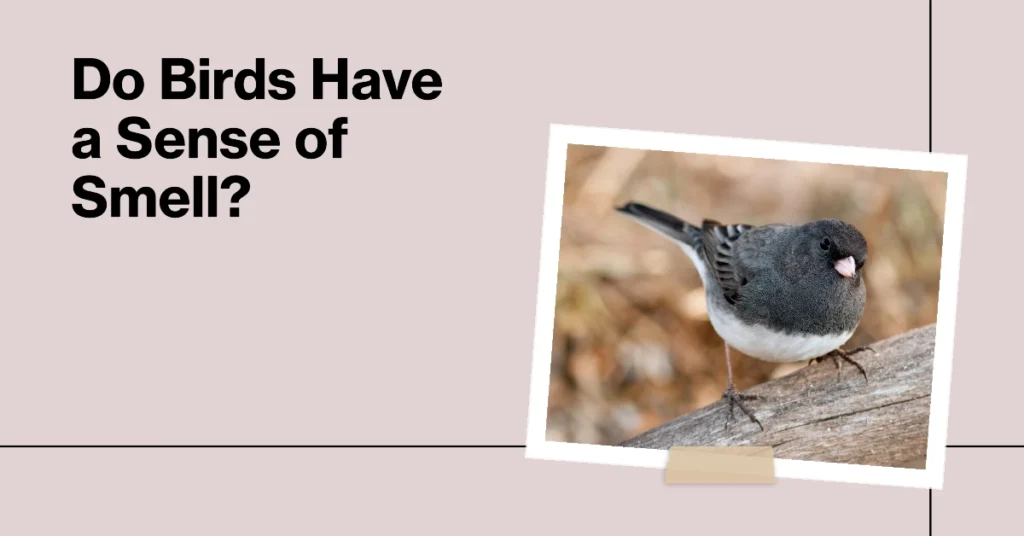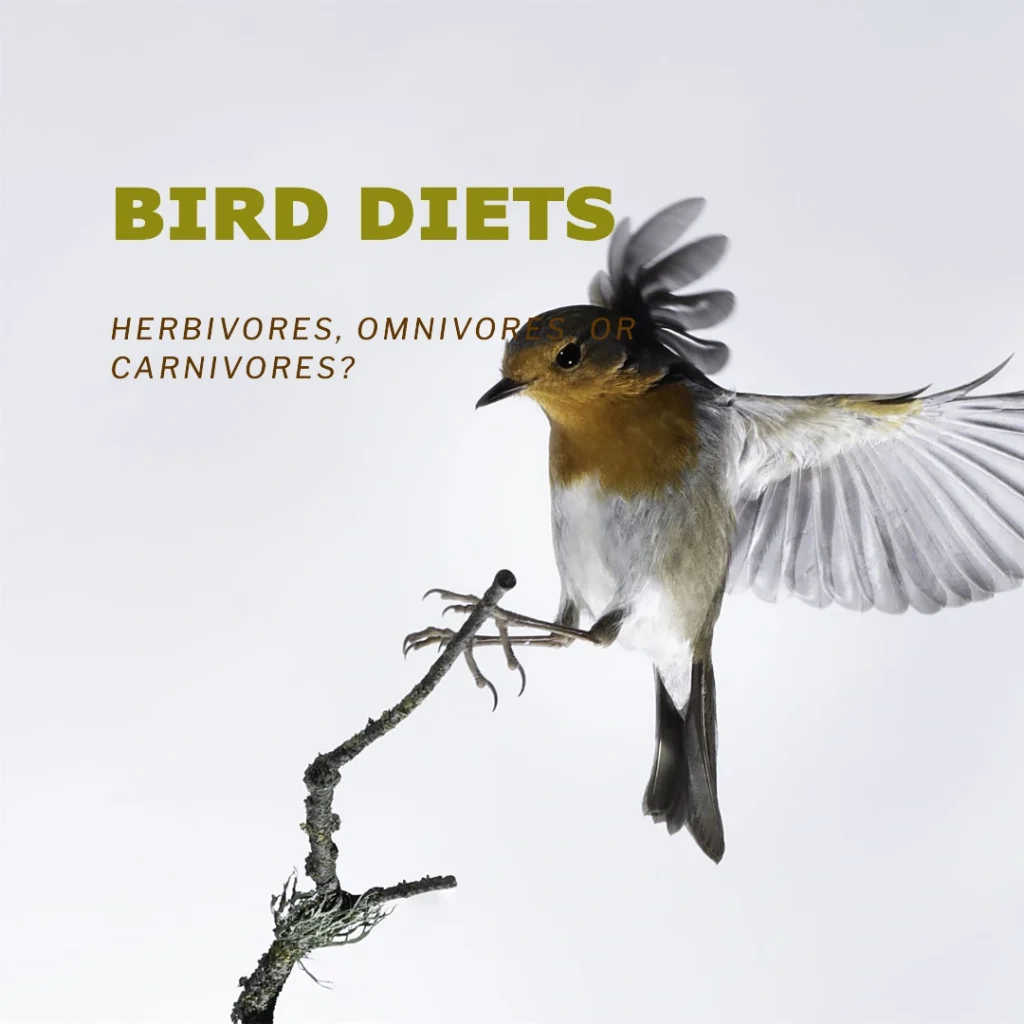
Bird flu, also called avian influenza, is a virus that usually spreads among birds. But sometimes, it can affect people too. Let’s learn about how bird flu impacts humans and what we need to know to stay safe.
What is Bird Flu?
Bird flu is caused by influenza A viruses. These viruses normally infect wild birds and poultry like chickens and ducks. The H5N1 strain of bird flu is especially dangerous. It can make birds very sick and even kill them.
Types of Bird Flu Viruses
There are different types of bird flu viruses:
- Low pathogenic avian influenza (LPAI): These don’t usually make birds very sick
- Highly pathogenic avian influenza (HPAI): These can cause severe illness in birds
H5N1 is a type of HPAI virus. It’s the kind that health officials worry about most for humans.
Can Humans Get Bird Flu?
Yes, humans can get bird flu, but it’s rare. Most human cases happen after close contact with infected birds or their droppings. The virus doesn’t spread easily between people.
How Bird Flu Spreads to Humans
People can catch bird flu by:
- Touching infected birds
- Touching surfaces with bird droppings
- Breathing in dust from bird droppings
- Visiting live bird markets
You can’t get bird flu from eating fully cooked chicken or eggs.
Bird Flu Symptoms in Humans

If a person gets bird flu, they might have these symptoms:
- Fever
- Cough
- Sore throat
- Runny nose
- Headache
- Muscle aches
- Feeling very tired
In some cases, people can get very sick with:
- Trouble breathing
- Pneumonia
- Severe respiratory problems
How Dangerous is Bird Flu for Humans?
Bird flu can be very serious for people who catch it. The H5N1 virus has caused many deaths in humans. But remember, it’s still very rare for people to get bird flu.
Bird Flu Cases in Humans
Since 2003, there have been about 880 human cases of H5N1 bird flu worldwide. Sadly, more than half of these people died. But millions of birds have had bird flu during this time.
Diagnosing Bird Flu in Humans
If someone might have bird flu, doctors will:
- Ask about contact with birds
- Check for flu-like symptoms
- Take samples from the nose or throat
- Send samples to a lab for testing
It’s important to catch bird flu early so people can get the right treatment.
Treating Bird Flu in Humans
There are medicines that can help treat bird flu in humans:
- Antiviral drugs like Tamiflu or Relenza
- These work best if given early
People with bird flu might need to stay in the hospital. Some may need help breathing.
Preventing Bird Flu in Humans



To avoid getting bird flu:
- Stay away from sick or dead birds
- Wash hands often with soap and water
- Don’t touch bird droppings
- Cook poultry and eggs thoroughly
If you work with birds:
- Wear protective gear like gloves and masks
- Clean and disinfect equipment
- Get a flu shot every year
Bird Flu Outbreaks Around the World
Bird flu outbreaks happen in many countries. Wild birds can spread the virus when they migrate. This table shows some recent outbreaks:
| Year | Country | Type of Bird Flu |
| 2022 | USA | H5N1 |
| 2023 | Japan | H5N1 |
| 2024 | Vietnam | H5N1 |
Is There a Bird Flu Vaccine for Humans?

There’s no bird flu vaccine for regular use in humans yet. Scientists are working on making one. If there’s a big outbreak, they might use special vaccines they’ve prepared.
Bird Flu and Public Health
Health organizations like the Centers for Disease Control and Prevention (CDC) watch for bird flu cases. They help keep people safe by:
- Tracking bird flu in animals and humans
- Giving advice on how to prevent bird flu
- Preparing for possible outbreaks
Common Questions About Bird Flu in Humans
Here are answers to some questions people often ask about bird flu:
Can I get bird flu from eating chicken or eggs?
No, you can’t get bird flu from eating fully cooked poultry or eggs.
How do I know if I have bird flu or regular flu?
The symptoms can be similar. If you’ve been around birds and get flu-like symptoms, see a doctor.
Is it safe to travel to countries with bird flu outbreaks?
Usually, yes. But check travel advisories and avoid contact with birds in these areas.
Protecting Yourself from Bird Flu

To stay safe from bird flu:
- Avoid touching wild birds or poultry
- Wash your hands often
- Cook poultry and eggs well
- Stay informed about outbreaks in your area
The Future of Bird Flu and Humans
Scientists keep studying bird flu to protect people. They worry the virus might change and spread more easily between humans. But for now, bird flu in humans is still rare.
Conclusion
Bird flu can affect humans, but it’s not common. The H5N1 virus is the most worrying type. It can make people very sick. But by being careful around birds and following health advice, we can stay safe from bird flu.
Remember:
- Bird flu usually spreads among birds
- Humans can catch it from close contact with infected birds
- It’s rare for people to get bird flu
- Good hygiene and avoiding sick birds are the best ways to prevent infection
By understanding bird flu, we can protect ourselves and others from this rare but serious illness.
Summary Table
| Aspect | Details |
| Virus Type | Influenza A (H5N1) |
| Primary Hosts | Birds (wild and domestic) |
| Transmission to Humans | Direct contact with infected birds or their secretions |
| Symptoms in Humans | Fever, cough, sore throat, muscle aches, eye infections, severe respiratory illness |
| Prevention | Avoid contact with birds, practice good hygiene, cook poultry thoroughly |
| Treatment | Antiviral medications (e.g., Tamiflu, Relenza) |
By following these guidelines and staying informed, you can help protect yourself and others from the risks associated with bird flu.
References
[1] Centers for Disease Control and Prevention. (2024). Avian Influenza (Bird Flu). Retrieved from https://www.cdc.gov/flu/avianflu/index.htm
[2] World Health Organization. (2024). Avian Influenza. Retrieved from https://www.who.int/news-room/fact-sheets/detail/avian-influenza
[3] National Institute of Allergy and Infectious Diseases. (2024). Avian Influenza. Retrieved from https://www.niaid.nih.gov/diseases-conditions/avian-influenza
[4] Food and Agriculture Organization of the United Nations. (2024). Avian Influenza. Retrieved from http://www.fao.org/avian-influenza/en/
[5] World Organisation for Animal Health. (2024). Avian Influenza. Retrieved from https://www.oie.int/animal-health-in-the-world/avian-influenza/








